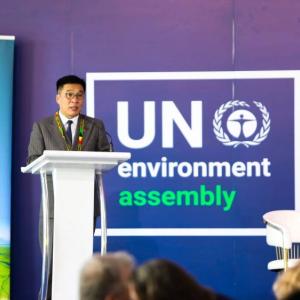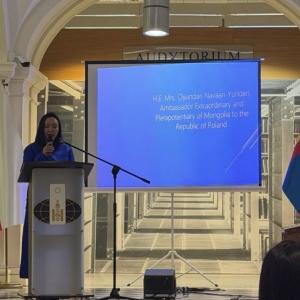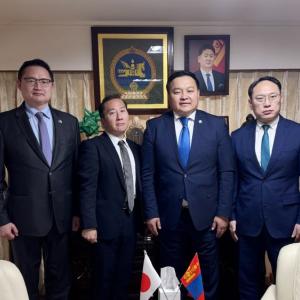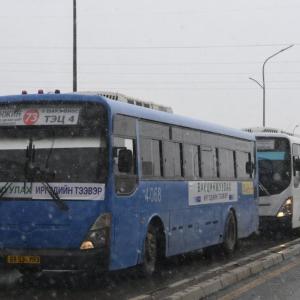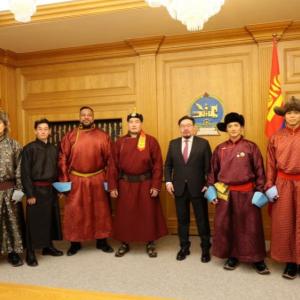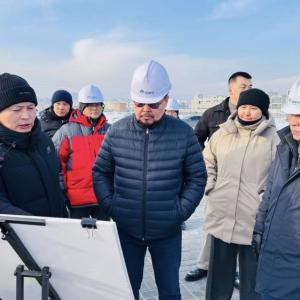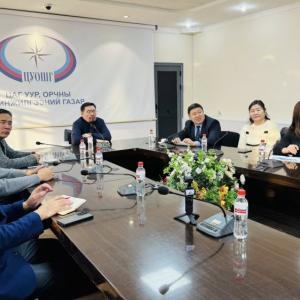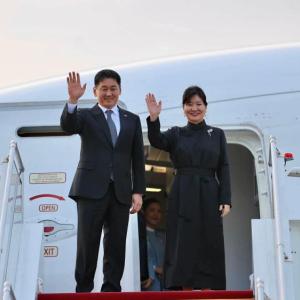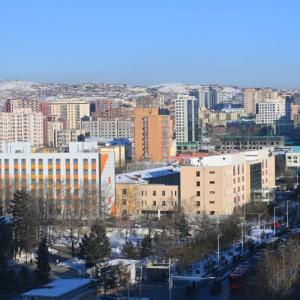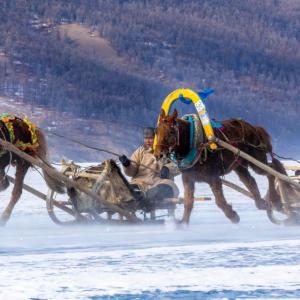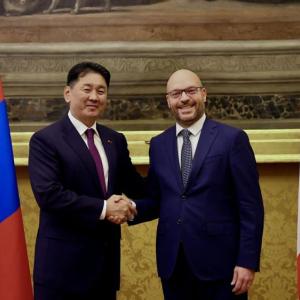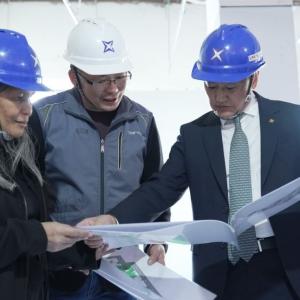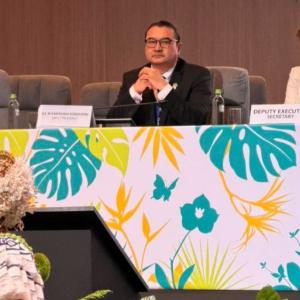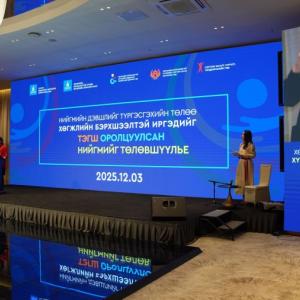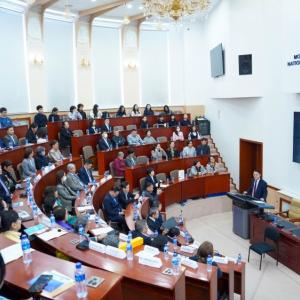Mongolia, South Korea Conduct Successful Cold-Climate Rice Cultivation Trial
Economy
Ulaanbaatar, September 23, 2025 /MONTSAME/. In April 2025, the Korea Program on International Agriculture (KOPIA), in cooperation with the KOPIA Mongolia Center, conducted a trial planting across 5.3 hectares of rice in Bulgan soum, Khovd aimag, western Mongolia. The trial yielded a successful harvest.
Oh Myung-kyu, Director of the KOPIA Mongolia Center, and a rice specialist, stated that the estimated yield from the trial plot is 6 to 8 tons per hectare, a level comparable to the average yield in South Korea. He emphasized, “After testing seeds and varieties cultivated under Korea’s coldest conditions, we successfully identified one suitable for Mongolia. By confirming the viability of rice cultivation, we can now consider expanding it through a cluster-based system.”
A working group from the Ministry of Food, Agriculture, and Light Industry of Mongolia, led by State Secretary T. Jambaltseren and joined by Ts. Munkhnasan, Director of the Department for Coordination of Livestock Policy Implementation, and M. Dondogdorj, Director of the Department for Coordination of Agricultural and Industrial Policy Implementation, visited “GIMEX” LLC in Bulgan soum, where experimental rice cultivation is underway.
Director of “GIMEX” LLC, J. Gankhuyag, who has researched rice cultivation for nearly 20 years, highlighted that introducing rice varieties adapted to Mongolia’s climate could reduce dependence on imports, currently 68,000 tons worth about USD 50 million, while creating up to 8,000 jobs and supporting rural development. Ultimately, Mongolians will gain access to fresh, locally grown rice. To ensure sustainable cultivation, ecological measures such as lakes, ponds, and wind-protected forest strips are essential.
State Secretary Jambaltseren noted that research on rice cultivation in Mongolia began more than 40 years ago. He stressed that continued research, experimentation, and collaboration with the private sector and international partners are vital to reducing import dependency and strengthening the country’s food security.
 Ulaanbaatar
Ulaanbaatar









